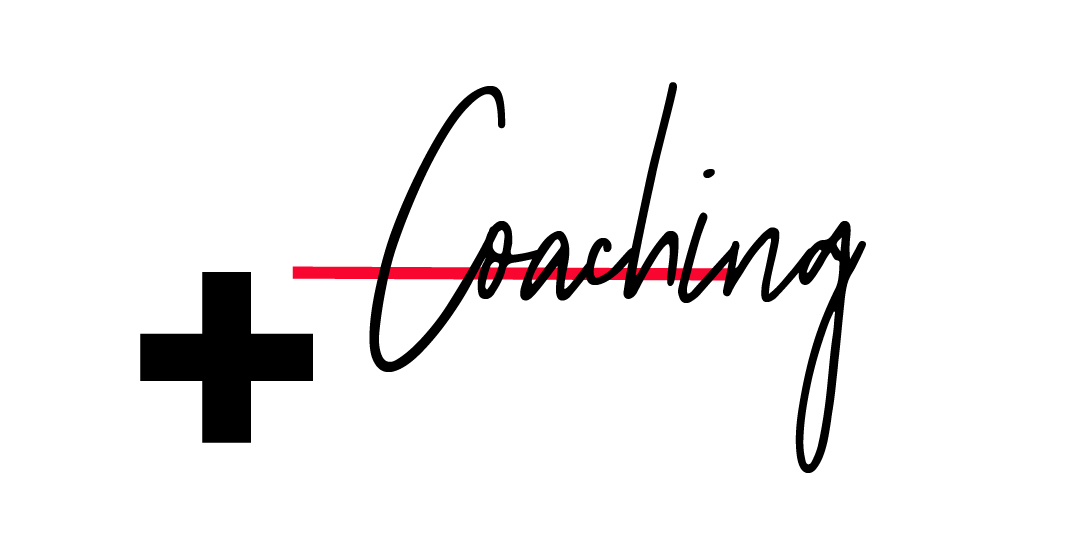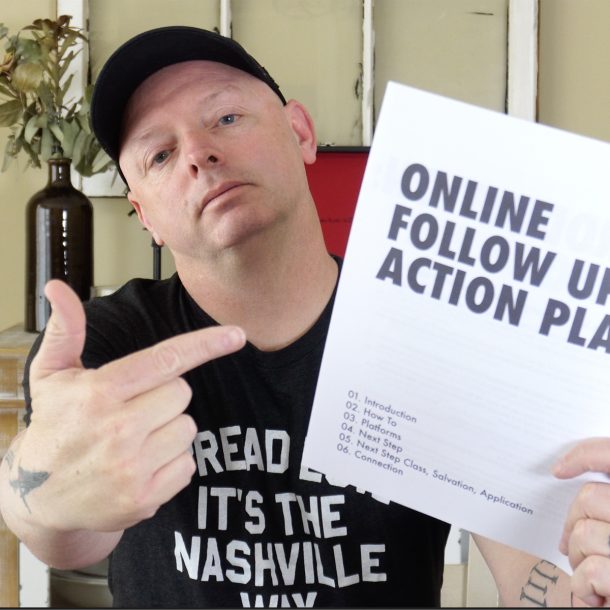I love the book by Andy Stanley, the Principle of the Path. This book is about how whatever direction you are pointed you will travel. It does not matter what your motives are, how much you pray, where your heart is or even where your head is…if you are pointed in a direction you go that direction.
It’s not a theory it is a principle.
In a similar way I think there is a principle at work in the lives of creative people. Your life is fast and it will probably only continue to trend that direction so it is important to clarify expectations. Everyone has a need. Everyone has priorities. Every project and opportunity is important. We should never get angry with this or devalue these truths. It is because of this pace and these projects that we have our jobs and have the chance to create amazing art. But in order to find any type of health or balance the truth has to be shared:
FAST, GREAT, and CHEAP
You get to choose 2 but all 3 are not an option.
It is a tension every growing, momentum managing team deals with.
So what will your approach look like? Will you get mad, frustrated, and angry? Or will you look at the opportunity and find a way to crush it? Set expectations, be honest, and then blow them out of the water. You have been made for this!





Have always loved this concept ever since I first heard it. I hope it helps “non-creatives” understand that creative disciplines aren’t something you can just slap together and wonder why the end result can be frustratingly “not so good.”
Quick.
Cheap.
Good.
“Pick two.”
Love this principle. But I always wonder what “cheap” means if you’re not doing contract work. If you’re on salary, cheap gets removed from the equation in some ways. I suppose the “expense” would be time spent and/or time taken away from other projects. Curious how you define each of these three things in a setting where we don’t choose which projects we take on.
you nailed it. each perso has an amount of work they can accomplish. Same with each team. Value dips. If you overtax the resource then you lose excellence or speed. The principle holds up across staff or contract work.
This is one of the most important business principals I’ve ever been told. It changed my perspective on all projects from that point going forward. It really challenges you to evaluate the economy of your resources: time vs money vs quality expectation. I love that you’re posting about it.
I’ll also say, I think some of the companies which have skyrocketed to global success have done so because they broke the barriers of this principal. For example, when Google first emerged on the scene in 1998, they were offering the fastest search engine (best time), the most accurate search results (quality), the cleanest page (quality), and all for free (best value).
free to the end user but not free to google.plus, do we know how long they worked on google before it launched? Indeed it is the best, that variable is one of the three but where is the data on the other 2? we are talking about the backend of the equation not the user experience.
Great stuff, as usual.
The biggest cause of disappointment is when expectations do not meet reality. So, you are right on with the strategy on setting expectations correctly.